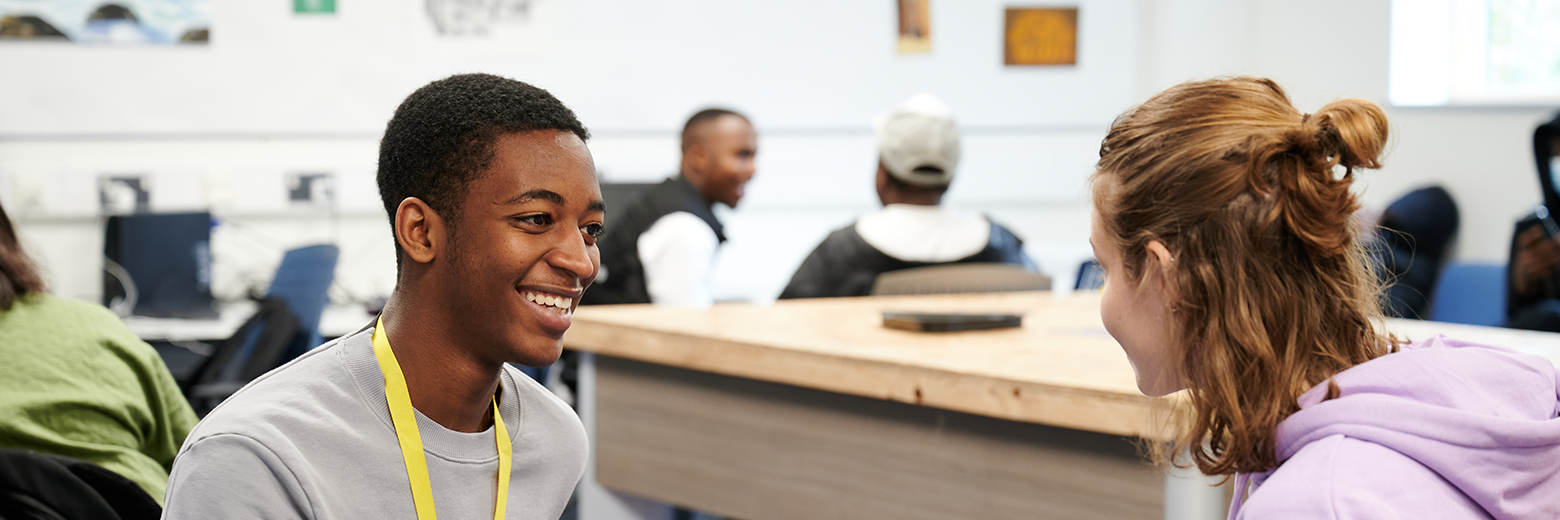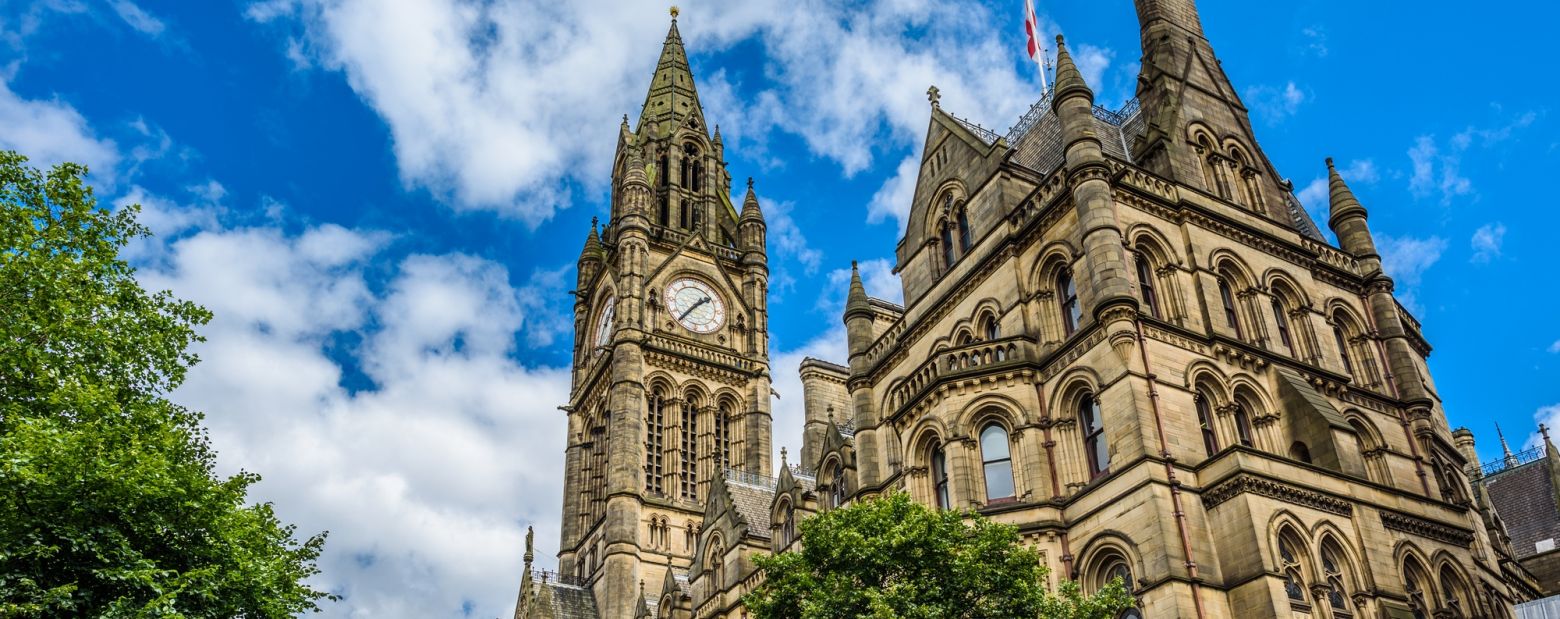Comparing the Brazilian and British Education Systems: A Guide for Brazilian Students Looking to Study in the UK
19th February 25
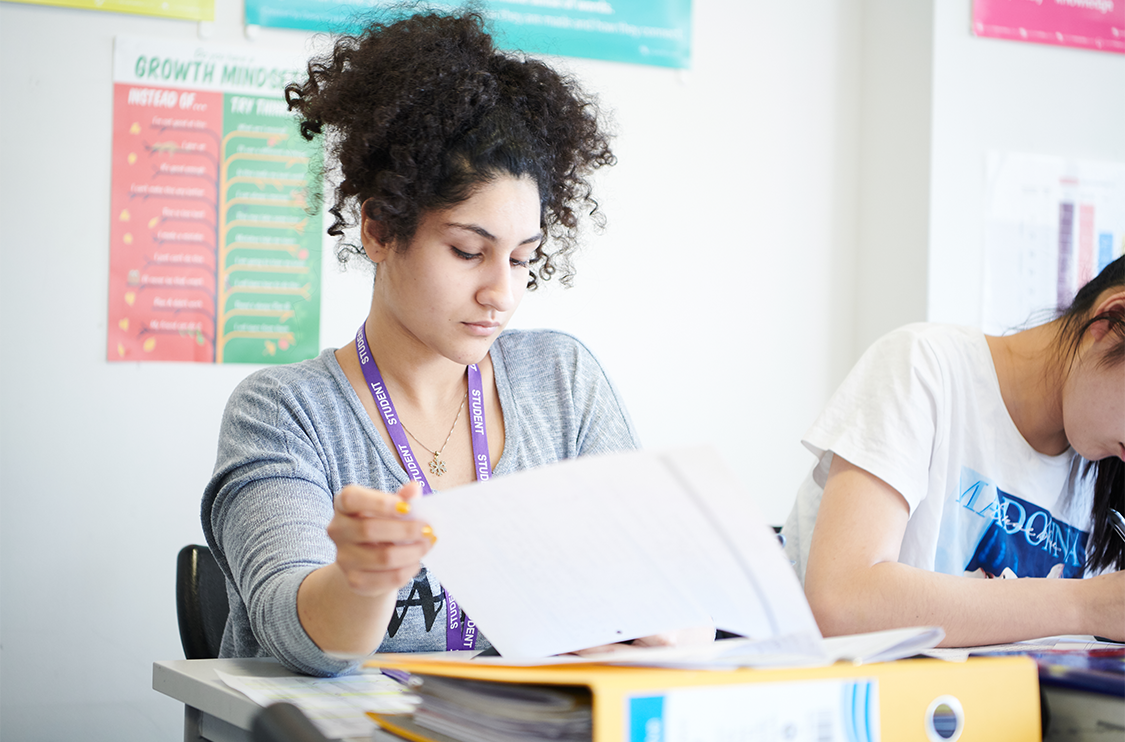
Introduction: Understanding the Differences
Are you a Brazilian student considering studying in the UK? Whether you are planning to take GCSEs, A-Levels, or an International Foundation Programme (IFP), understanding the key differences between the Brazilian and British education systems is crucial.
Education is the foundation of a student’s academic and professional future. While both Brazil and the UK provide strong educational structures, there are significant differences in curriculum, assessment methods, university entry requirements, and vocational training options.
In this guide, we will compare Ensino Fundamental, Ensino Médio, and university entry in Brazil with the UK’s GCSEs, A-Levels, and university admission pathways. We will also explain why Abbey DLD Colleges (Cambridge, Manchester, and DLD College London) are an excellent choice for Brazilian students looking to study abroad.

Structure of the Education Systems: Brazil vs UK
Primary Education: Ensino Fundamental vs British Primary Education
| Aspect | Brazil: Ensino Fundamental | UK: Primary & Lower Secondary |
| Age Range | 5-14 years old | 5-14 years old |
| Duration | 9 years | 9 years |
| Key Stages | Elementary (grades 1-5) and lower secondary (grades 6-9) | Primary school (Years 1-6) and Lower Secondary (Years 7-9) |
| Core Subjects | Portuguese, Mathematics, Science, Social Studies, English/Spanish | English, Mathematics, Science, History, Geography, Languages |
| Assessments | End-of-year exams, but no national standardised tests | Regular testing, SATs (Standard Assessment Tests) in primary years |
Key Differences:
The UK follows a structured, assessment-based system, while Brazil has more flexibility in lower years. Brazilian primary education lasts longer (nine years) than UK primary (six years), before transitioning to secondary education.
The British education system provides a more structured approach to assessments and national testing, ensuring that students are on track before moving on to secondary education. In Brazil, assessments vary from school to school and are not standardised on a national level until students reach the secondary stage.
Secondary Education and Beyond: A Comparative Table
| Aspect | Brazil: Ensino Médio & Higher Education | UK: GCSEs, A-Levels & University |
| Age Range | 15-18 years old (Ensino Médio) | 14-16 years old (GCSE), 16-18 years old (A-Levels) |
| Duration | 3 years (Ensino Médio) + 4-6 years (university) | 2 years (GCSE) + 2 years (A-Levels) + 3-4 years (university) |
| Curriculum Focus | Broad curriculum with core subjects | Specialised curriculum at A-Level with subject choices |
| Final Examinations | ENEM (Exame Nacional do Ensino Médio) or Vestibular | GCSEs (at 16), A-Levels (at 18) |
| University Admission | ENEM or Vestibular required | A-Levels or International Foundation Programme (IFP) |
| Vocational Pathways | Ensino Técnico (Technical Education) | BTEC Diplomas, apprenticeships |
| Public vs Private Education | Public universities are free but highly competitive | Tuition fees for most universities, some scholarships available |
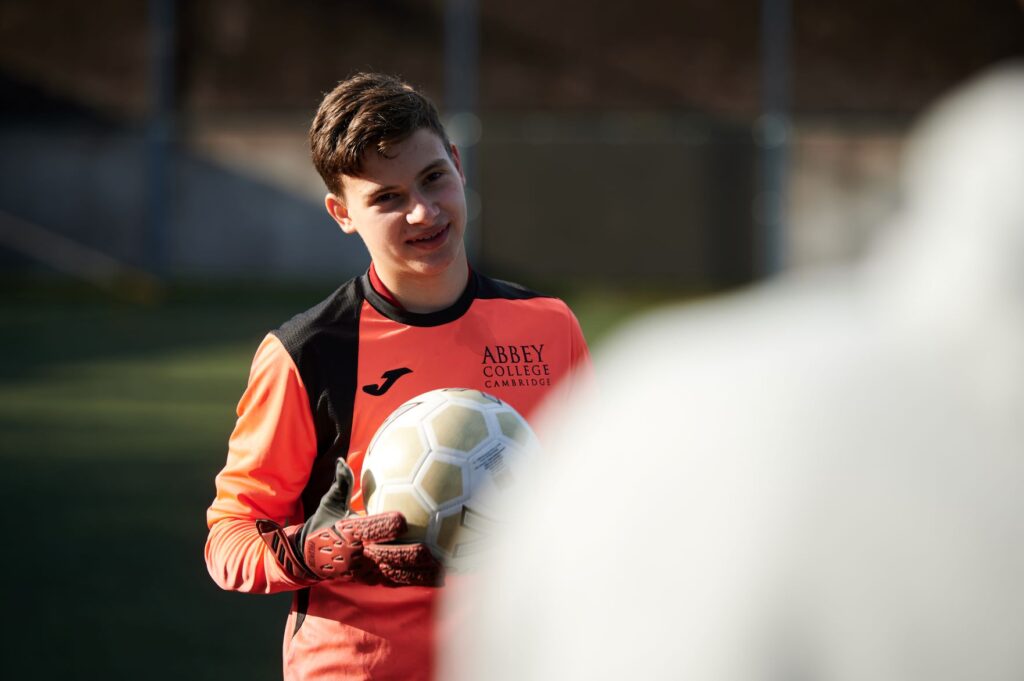
Key Differences:
- GCSE as a Transition Stage: The UK education system includes GCSEs at age 14-16, which serve as an important transition stage before A-Levels. Students choose a mix of core and elective subjects to prepare for further specialisation.
- Curriculum Specialisation: UK students specialise earlier at A-Level, whereas Brazilian students study a broad curriculum in Ensino Médio.
- University Entry: ENEM is the main university entrance exam in Brazil, while UK universities accept A-Levels or an International Foundation Programme.
- Duration: UK students complete secondary education earlier, with an additional pre-university year through A-Levels.
- Vocational Education: The UK offers BTEC Diplomas and apprenticeships, while Brazil has Ensino Técnico as an alternative to university.
In the UK, students have the flexibility to choose subjects that align with their future career aspirations, whereas in Brazil, students must complete a standard curriculum before choosing a field at university.
Why Choose Abbey DLD Colleges as a Brazilian Student?
1. Personalised University Preparation
-
- Top university progression: Students from Abbey DLD Group of Colleges go to Oxford, Cambridge, LSE, Imperial, and UCL.
- Expert UCAS support: Personalised guidance for UK university applications.
- Specialist preparation programmes for Medicine, Engineering, Business, and Creative Arts.
Abbey DLD Colleges provide expert academic and career counselling, ensuring students are prepared for competitive university applications in the UK and globally.
2. Study in World-Class UK Cities
DLD College London is located in central London and is ideal for Business and Creative students. Abbey College Cambridge focuses on STEM, Medicine, and Oxbridge preparation. Abbey College Manchester has strong Business, Sports, and International Foundation pathways.
3. Boarding & Student Life
-
- On-campus boarding (DLD London) and high-quality residences.
- Diverse student community with over 40 nationalities.
- Extracurricular activities and leadership programmes.
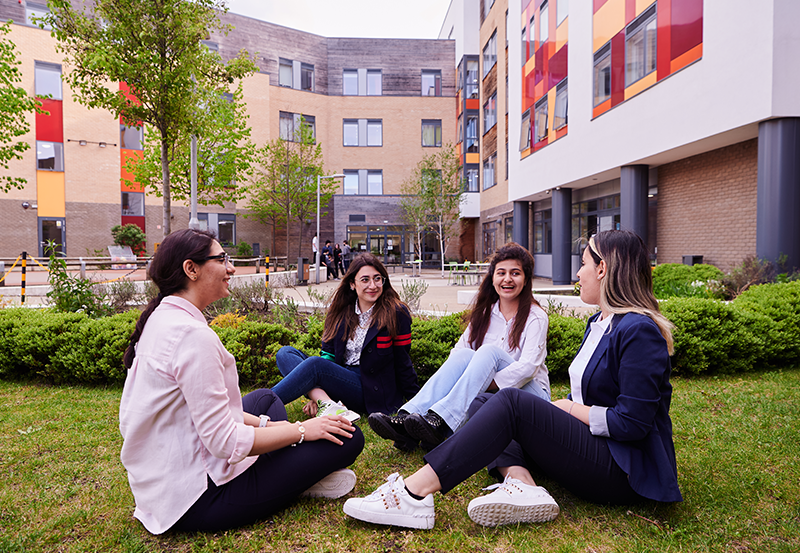
How to Apply to Abbey DLD Colleges from Brazil
Application Process
-
- Contact Abbey DLD Admissions.
- Submit academic transcripts and English test scores.
- Apply for a Student Visa (Tier 4 UK Visa).
- Prepare for your journey to the UK.
Abbey DLD Colleges provide full visa support and pre-arrival guidance, making the transition smooth for international students.
FAQs: What Brazilian Students Ask Before Studying in the UK
-
- What is the equivalent of A-Levels in Brazil?
A-Levels are most similar to Ensino Médio, but they are more specialised.
-
- Can I go to a UK university with an ENEM score?
No. UK universities require A-Levels or an International Foundation Programme.
-
- Is the British education system harder than the Brazilian system?
Not necessarily. The UK system focuses on specialisation, while Brazil’s Ensino Médio is broader.
-
- What is the best age to start studying in the UK?
Many students start at GCSE (age 14) or A-Levels (age 16), but Foundation Programmes (age 17-18) are also an option.

Conclusion: Your Pathway to Success
Studying in the UK opens doors to top global universities, world-class teaching, and international career opportunities. Abbey DLD Colleges provide the ideal pathway for Brazilian students to adapt, excel, and achieve their academic goals.
BLOG AUTHOR

Wisam Afisa
Senior International Regional Manager (Middle East, Africa & Americas)
E: Wisam.Afisa@abbeydld.co.uk
T: +44 7935 133465
Get in touch today:
Since 1931, the Abbey DLD Group of Colleges has been synonymous with high-quality education, top university destinations, and enriching academic and pastoral experiences. Abbey DLD students graduate equipped with the skills to progress in their university studies and future careers, with friends from all around the world, and having made memories to remember for a lifetime.
Want to learn more about studying at the Abbey DLD Group of Colleges? Simply contact us and one of our admissions advisors will be in touch with you shortly.


